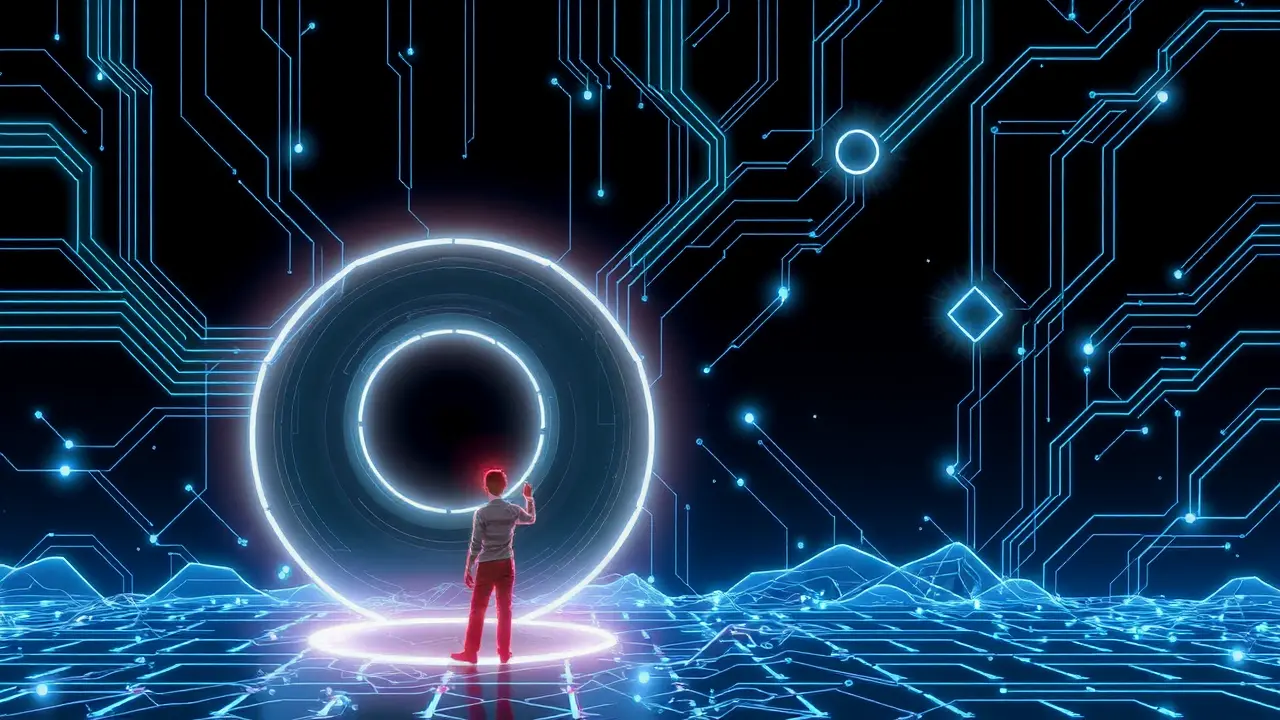
Entertainmentawards & festivals
Ken Liu on AI and the American experience.
MI
Michael Ross
4 hours ago7 min read
The conversation around artificial intelligence often swings wildly between utopian hype and dystopian panic, but few voices navigate this complex terrain with the nuanced perspective of Ken Liu. The award-winning author, known for his Silkpunk epic The Dandelion Dynasty and his masterful translation of Liu Cixin's The Three-Body Problem, brings a uniquely bicultural lens to the discourse, one shaped profoundly by his own American experience.Born in Lanzhou, China, and immigrating to the United States at age eleven, Liu's journey mirrors the very crossing of boundaries that AI represents—a technology that is neither inherently good nor evil, but a tool whose impact is dictated by the stories we tell about it and the values we encode within its algorithms. His science fiction doesn't just predict the future; it interrogates the fundamental assumptions of consciousness, creation, and what it means to be human in a world shared with synthetic intellects.This is a critical contribution at a time when policymakers in Washington and Brussels are scrambling to draft regulatory frameworks, often treating AI as a monolithic force to be contained. Liu’s work, by contrast, suggests a more complicated reality, one where the 'American experience' with technology is not a singular narrative of Silicon Valley disruption but a tapestry woven from diverse immigrant perspectives, each asking different questions about autonomy, memory, and the soul.He forces us to consider whether an AI trained predominantly on Western texts can ever understand the subtleties embedded in a Chinese poem, or if our pursuit of a general intelligence is merely another form of cultural imperialism. These aren't abstract philosophical musings; they are urgent ethical questions with real-world consequences, from biased judicial sentencing algorithms to autonomous weapons systems.Liu’s background in computer science, combined with his literary prowess, allows him to dissect the technical architecture of these systems while never losing sight of their human cost, much like Isaac Asimov’s foundational work with the Three Laws of Robotics sought to embed ethical guardrails directly into a machine's core programming. The current debate often pits techno-optimists against doomsayers, but Liu occupies a vital middle ground, acknowledging the breathtaking opportunities for artistic collaboration and medical breakthroughs while soberly assessing the risks of mass surveillance and economic displacement.His stories serve as thought experiments, testing how different cultural frameworks would approach the governance of AI, challenging the predominantly Western narrative of control and dominance. In an era of rapid, often reckless, innovation, Liu’s voice is a necessary corrective—a call for thoughtful, inclusive, and deeply human-centered storytelling to guide our hand as we build the future, reminding us that the most important code we write may not be in Python, but in the laws, norms, and myths we create to live alongside our creations.
#Ken Liu
#science fiction
#awards
#The Dandelion Dynasty
#The Paper Menagerie
#translation
#editorial picks news
Stay Informed. Act Smarter.
Get weekly highlights, major headlines, and expert insights — then put your knowledge to work in our live prediction markets.
© 2025 Outpoll Service LTD. All rights reserved.